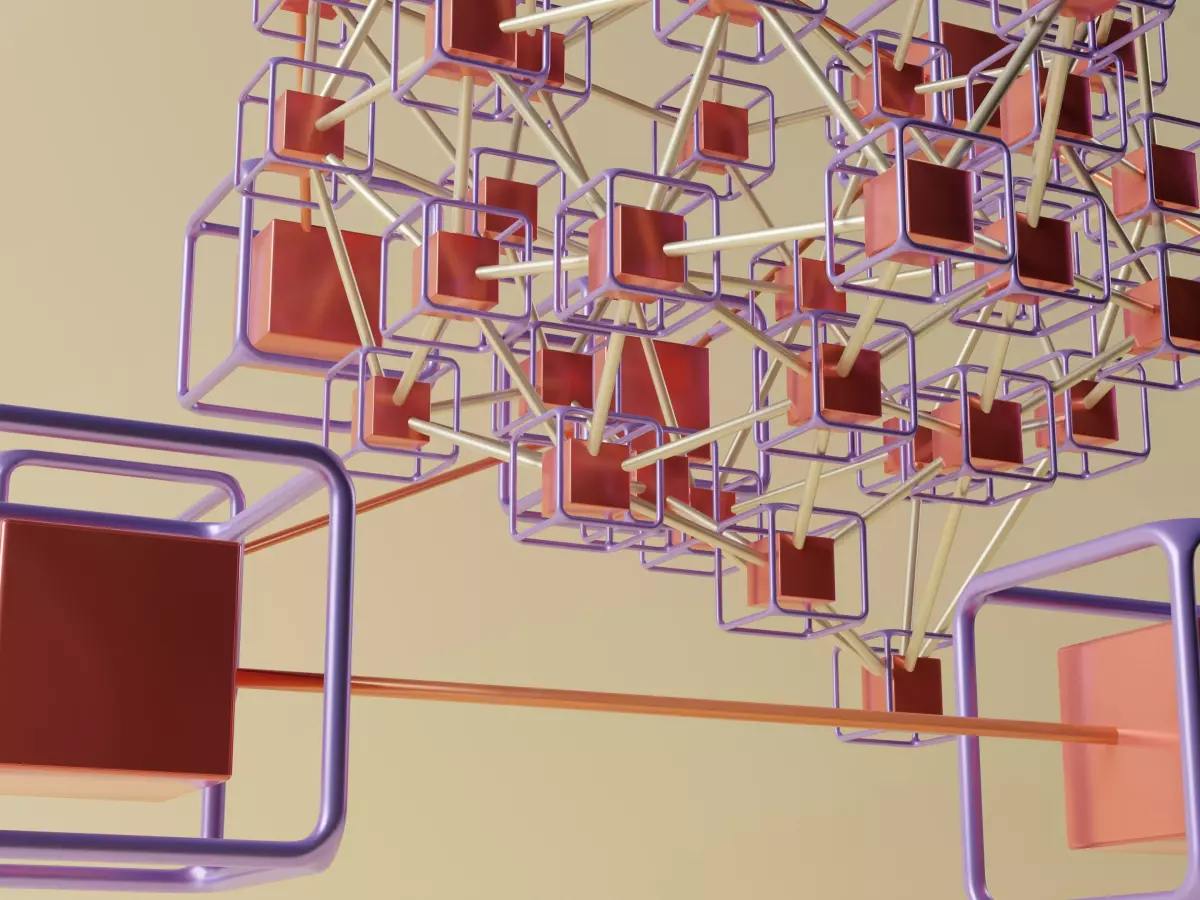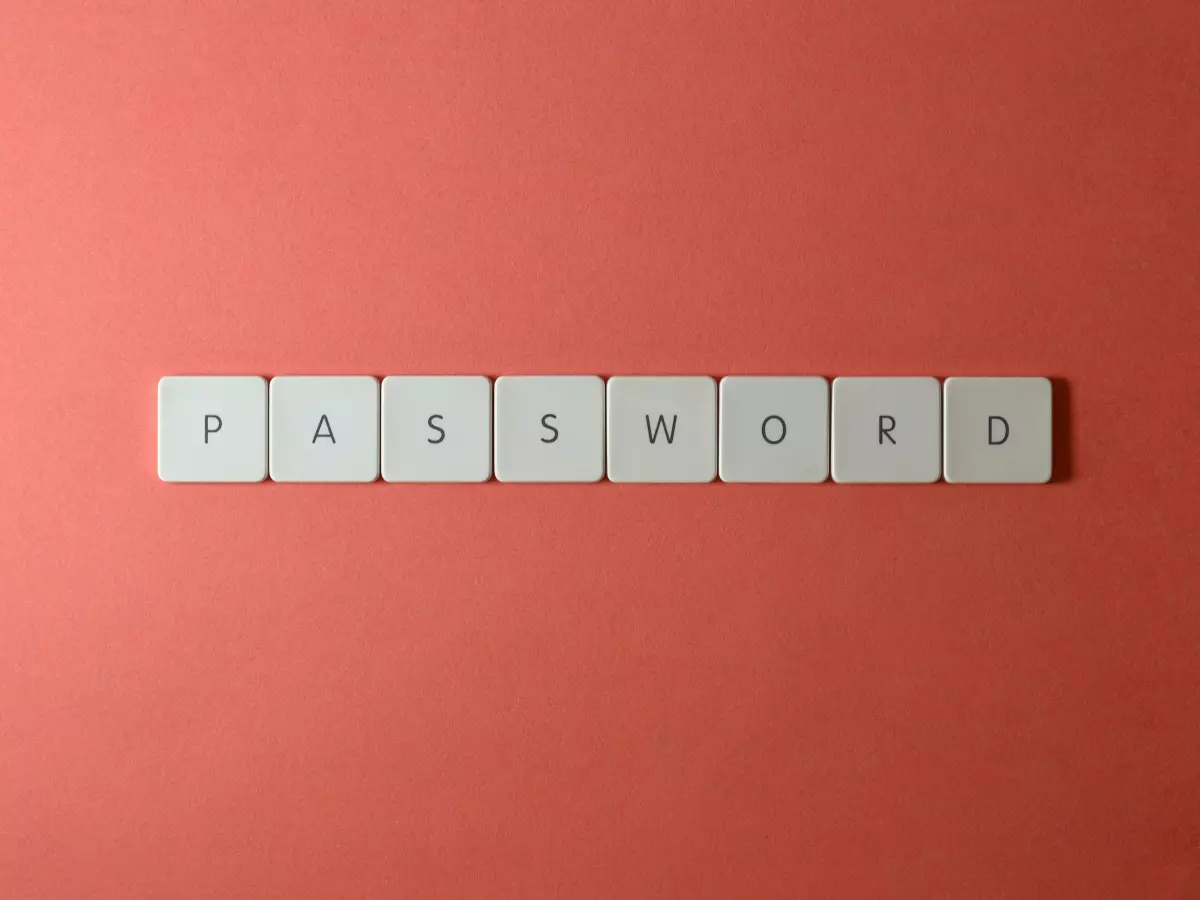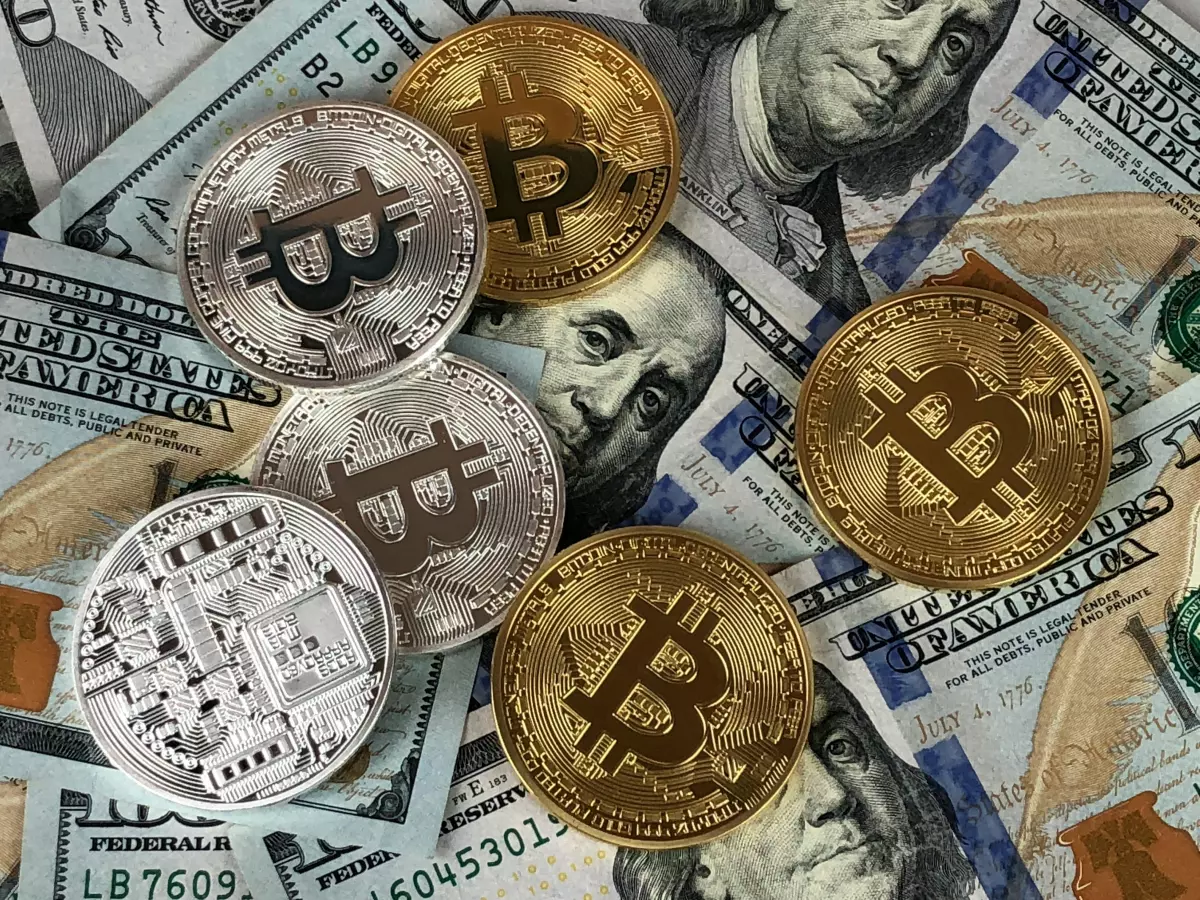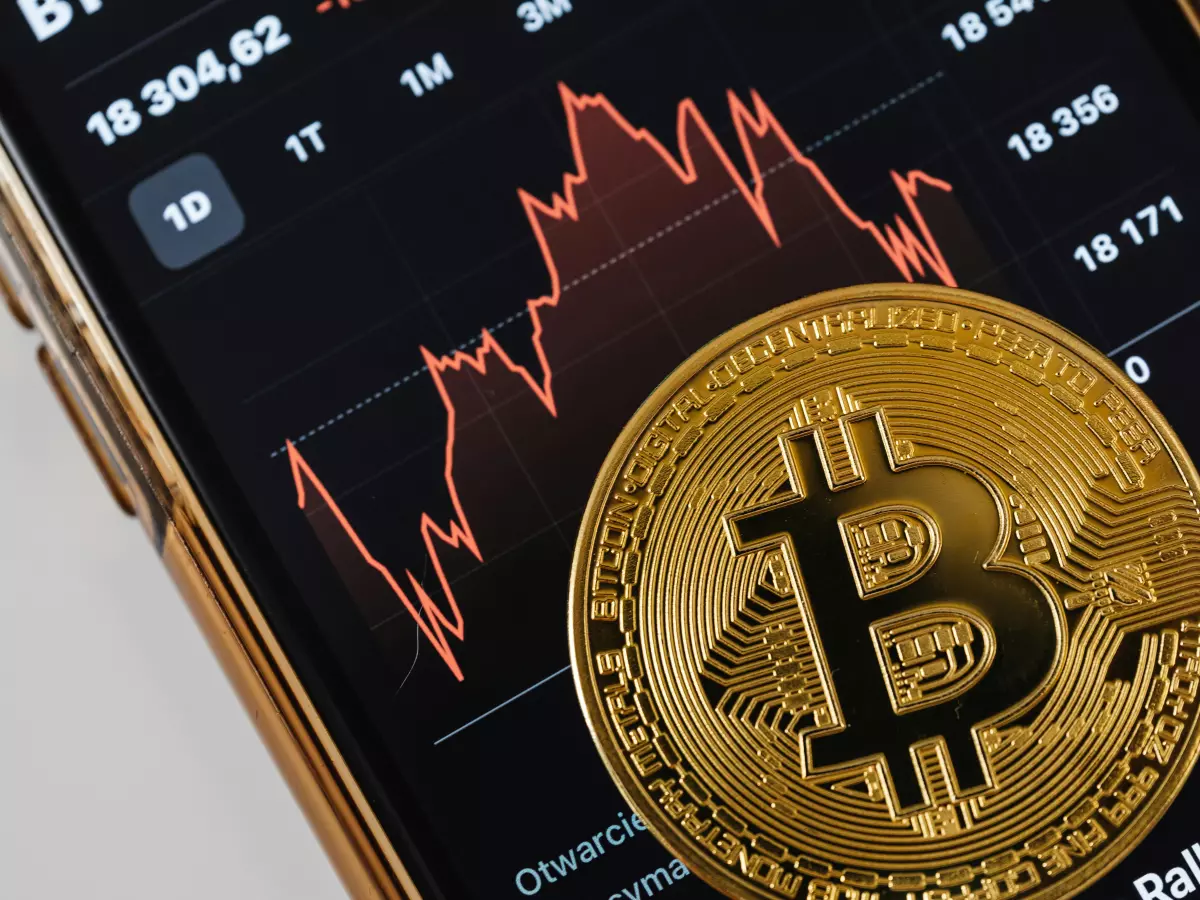Rollups Unleashed
"Blockchain is the tech. Bitcoin is merely the first mainstream manifestation of its potential." — Marc Kenigsberg

By Marcus Liu
Blockchain has always been about decentralization, transparency, and security. But as the tech evolves, so do the challenges. One of the biggest hurdles? Scalability. The more users pile onto a blockchain, the slower and more expensive it becomes to process transactions. And with that, security concerns start creeping in. Enter the hero of our story: blockchain rollups.
Rollups are a scaling solution designed to reduce the load on the main blockchain (often referred to as Layer 1) by bundling multiple transactions into a single one. This not only speeds things up but also slashes transaction costs. But here's the kicker: rollups aren't just about making things faster and cheaper—they also have a massive impact on security. And that’s what we’re diving into today.
What Exactly Are Rollups?
Before we get into the nitty-gritty of how rollups are changing the security game, let’s break down what they are. In simple terms, rollups are a Layer 2 solution. They take a bunch of transactions, compress them, and then post them back to the Layer 1 blockchain in a single batch. Think of it like a group of friends carpooling to save on gas and reduce traffic. The car (or rollup) carries all of them, and when they arrive at their destination (the blockchain), they all get out at once.
There are two main types of rollups: Optimistic Rollups and Zero-Knowledge (ZK) Rollups. Both have their own unique ways of handling transactions, but they share a common goal: improving scalability without compromising security.
Optimistic Rollups: Trust, But Verify
Optimistic Rollups assume that all transactions are valid by default. They only check for fraud if someone challenges the validity of a transaction. This ‘trust, but verify’ approach allows for faster processing times, but it also introduces a potential security risk: what if no one catches the fraud?
To mitigate this, Optimistic Rollups have a challenge period where anyone can dispute a transaction. If fraud is detected, the bad actor is penalized, and the correct transaction is enforced. It’s a clever system, but it relies heavily on the assumption that someone will always be watching. In other words, security is decentralized, just like the blockchain itself.
Zero-Knowledge Rollups: Prove It
ZK Rollups, on the other hand, take a more proactive approach. Instead of assuming transactions are valid, they use cryptographic proofs (called zero-knowledge proofs) to verify the validity of each transaction before it’s added to the blockchain. This makes ZK Rollups more secure by design, but they also require more computational power, which can slow things down a bit.
However, the security benefits of ZK Rollups are undeniable. By verifying transactions upfront, they eliminate the need for a challenge period and reduce the risk of fraud slipping through the cracks. In a world where security is paramount, ZK Rollups are like the blockchain’s version of a bouncer checking IDs at the door.
Security Benefits of Rollups
So, how exactly do rollups enhance blockchain security? Let’s break it down:
- Reduced Attack Surface: By bundling multiple transactions into one, rollups reduce the number of individual transactions that need to be verified on the Layer 1 blockchain. This means fewer opportunities for attackers to exploit vulnerabilities.
- Decentralized Verification: Both Optimistic and ZK Rollups rely on decentralized verification mechanisms. In the case of Optimistic Rollups, anyone can challenge a fraudulent transaction. With ZK Rollups, cryptographic proofs ensure that only valid transactions are added to the blockchain.
- Lower Transaction Costs: While this might not seem like a direct security benefit, lower transaction costs can actually improve security by making it less expensive for users to participate in the network. When transaction fees are high, users may be tempted to cut corners or use less secure methods to save money.
- Scalability Without Sacrificing Security: Rollups allow blockchains to scale without compromising the security guarantees of the Layer 1 blockchain. This is crucial for the long-term viability of decentralized networks.
The Future of Rollups and Blockchain Security
As blockchain technology continues to evolve, rollups are poised to play an increasingly important role in both scalability and security. While they’re not a silver bullet, they offer a promising solution to some of the biggest challenges facing the blockchain space today.
In the future, we may see even more advanced rollup solutions that combine the best of both Optimistic and ZK Rollups, offering the speed of Optimistic Rollups with the security of ZK Rollups. Until then, rollups are already making waves in the crypto world, and their impact on security is only just beginning.
So, the next time you hear someone talking about blockchain scalability, remember: it’s not just about speed and cost. Rollups are quietly reshaping the security landscape of cryptocurrency protocols. And that’s something worth paying attention to.
In a world where security is everything, rollups are the unsung heroes keeping your crypto safe.





